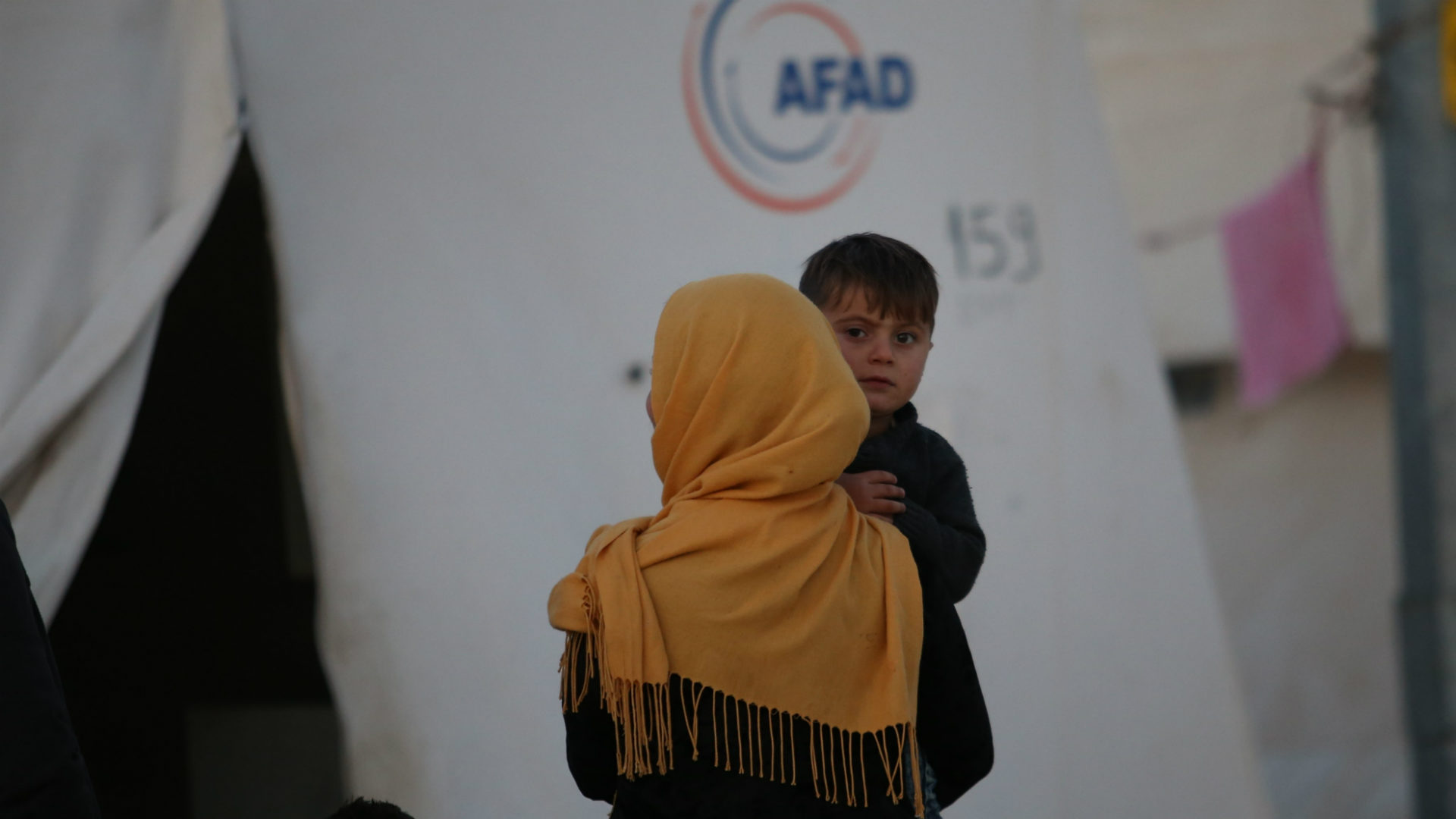
The closure of the Al-Khuzama camp in the Ghazawiyah region of northern Syria has raised concerns among residents and humanitarian organizations. The camp, established by the Turkey-based AFAD (Disaster and Emergency Management Authority), was a refuge for those affected by earthquakes and displaced by conflict in rural Aleppo and Idlib.
According to local sources and camp residents, AFAD, operating under the Turkish Ministry of Interior, has made the decision to expel 1,500 families from the camp. This move has been accompanied by the closure of the camp’s school and threats to cut off water and electricity to the residential complex.
A video circulating on social media depicts the plight of students who are unable to access the school, despite it being fully equipped and ready for use. The suspension of schools in Al-Khuzama Camp has left residents feeling additional pressure to leave the camp.
The closure of the camp and the expulsion of its residents have sparked outrage and concern among humanitarian organizations and advocates for displaced persons. The decision to shut down the camp and disrupt the lives of its inhabitants has been met with criticism for its potential humanitarian impact especially as it occurs at the outset of the winter season.
The IDPs of camp are facing an uncertain future as they may be forced to leave with little options and facing the prospects of homelessness during a harsh and wet winter. The closure of the camp’s school further compounds the challenges faced by the displaced families, particularly the children who are being deprived of their right to education. These developments raise questions about the fate of those who will be displaced and what support, if any, they will receive in finding alternative housing and livelihoods.
The situation in the Al-Khuzama camp underscores the ongoing challenges faced by displaced populations in conflict-affected regions. Serving as a reminder of the importance of providing sustainable solutions for those affected by conflict and natural disasters.








